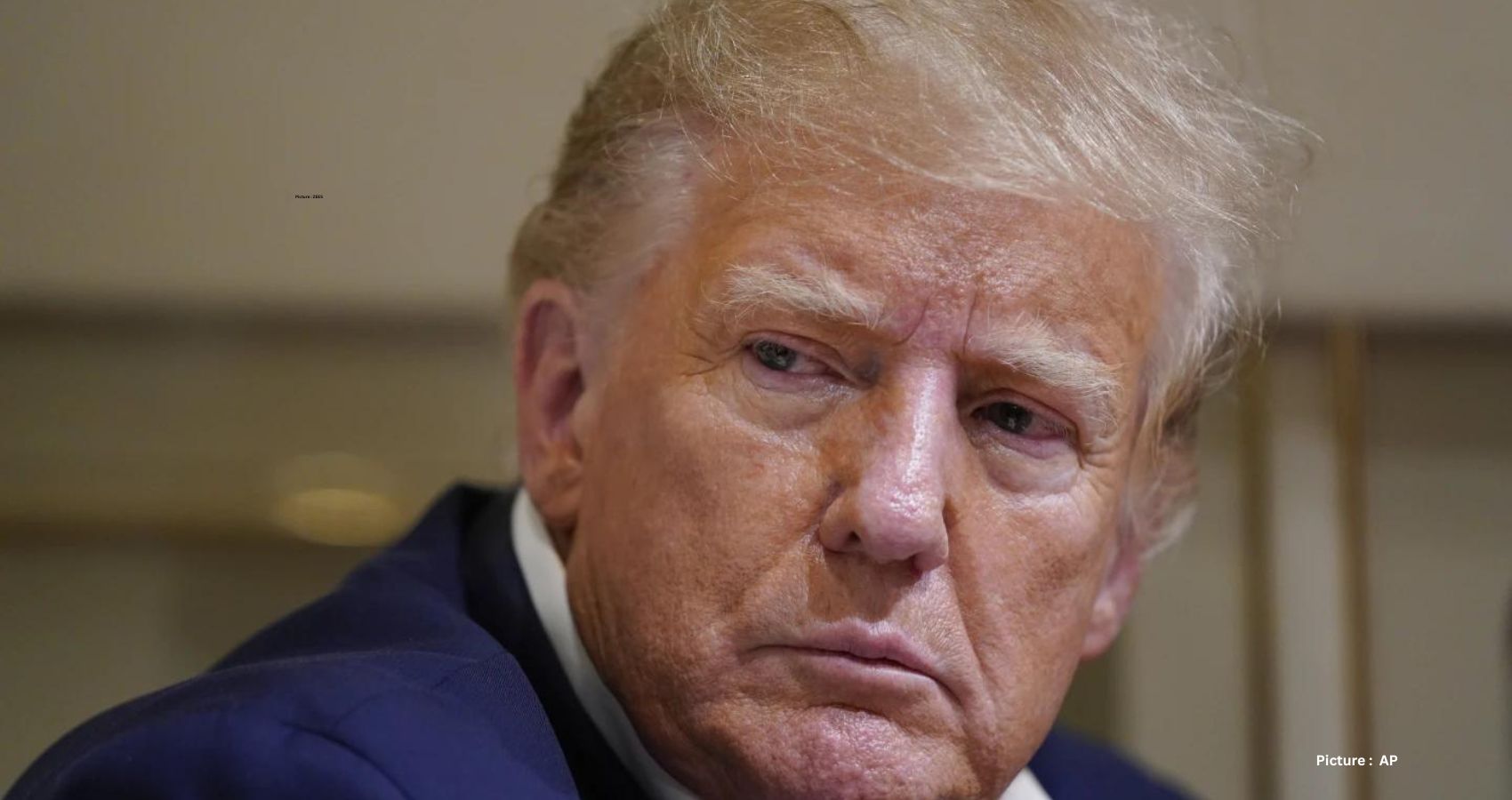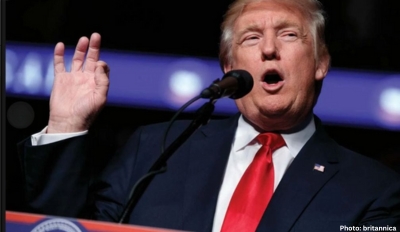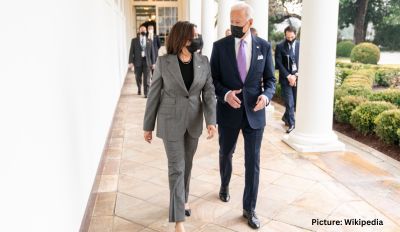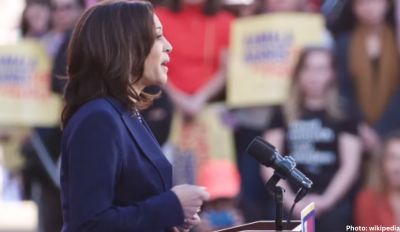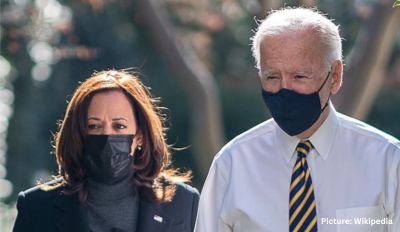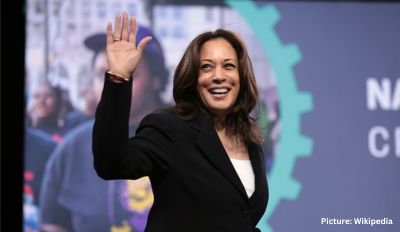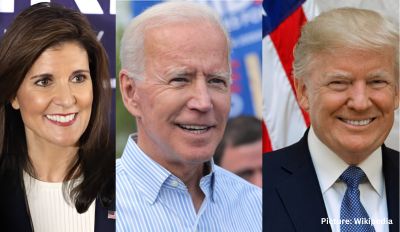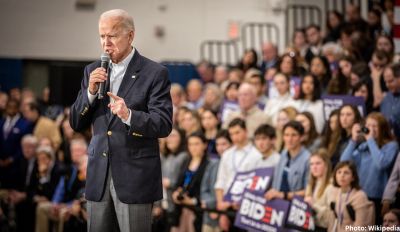The Supreme Court has declined to immediately address special counsel Jack Smith’s plea to rule on whether former President Donald Trump can face prosecution for his alleged actions to overturn the 2020 election results. This decision is considered a scheduling victory for Trump and his legal team, as they have consistently sought to postpone the criminal cases against him while he actively campaigns for the 2024 presidential election. The court’s refusal avoids a prompt ruling on Trump’s claims of immunity, casting further uncertainty on the scheduled March 4 landmark trial.
In light of the Supreme Court’s decision, the responsibility to adjudicate this matter now falls on the U.S. Court of Appeals for the District of Columbia Circuit. This court has signaled its intent to expedite the decision-making process. Special counsel Jack Smith had warned that even if the appellate court acts swiftly, the case might not reach the Supreme Court in time for review and a final decision before the traditional summer break.
Smith had urged the Supreme Court to intervene, emphasizing the significant public interest in a swift resolution to the case. His unusual request to bypass the appeals court, which he acknowledged as “extraordinary,” highlighted prosecutors’ concerns that prolonged legal battles could postpone Trump’s trial beyond the upcoming presidential election in the following year.
The Supreme Court rejected Smith’s plea in a concise order issued on Friday, adhering to its customary practice of providing no explanation for the decision. With the justices refraining from involvement in the dispute at this juncture, it is anticipated that further appeals may ensue, potentially causing additional delays in the case. Should the appeals court, scheduled to hear arguments on Jan. 9, dismiss Trump’s immunity claims, he retains the option to petition the Supreme Court for intervention, providing the justices with another opportunity to determine their stance on the matter.

